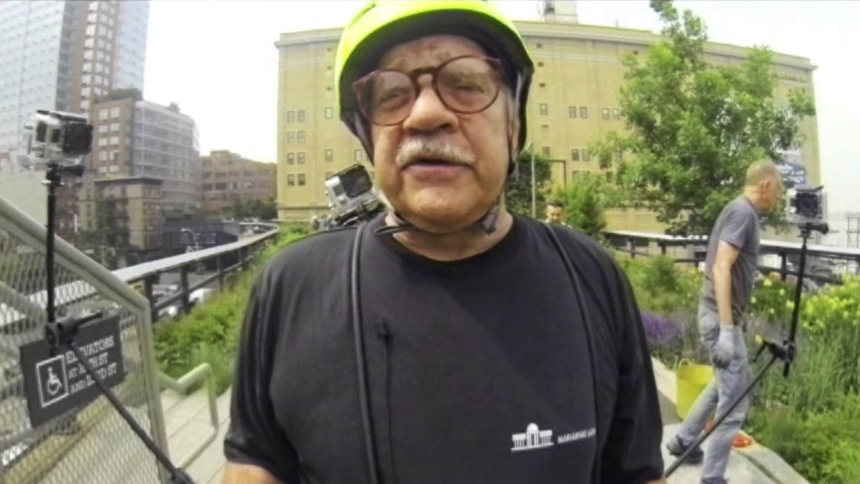Sound And Vision: Paul Schrader

In the article series Sound and Vision we take a look at music videos from notable directors.
This week we look at Bob Dylan's Tight Connection to My Heart, directed by Paul Schrader.
Tight Connection to My Heart (Has Anybody Seen My Love) is often considered to be one of the few good songs from a relatively dour era in the career of Bob Dylan. Empire Burlesque might not be the best album, and Tight Connection to My Heart, also as a video, is kind of a bad fit for the singer. Dylan, not the best actor, has to emote and sell a convoluted storyline. You know how out of character this video is, when Dylan even does some choreographed moves at the end. It's not a good look.
Blame it on Paul Schrader, who directed this one, his sole music video credit. It is not that Tight Connection to My Heart is a bad music video. It's a bad Dylan-music video, but remove it from the singer and his star persona and there is a lot to like here. In fact this might not be the best showcase for Dylan, it is a good showcase for Schrader and his common tropes.
See for instance Schrader's lifelong obsession with Japan. Not only did Schrader base a lot of his thinking about film on the work's of Ozu, as he lays out in his seminal essay Transcendental Style in Film: Ozu, Bresson, Dreyer, he has returned to Japan as a source for inspiration several times. Tight Connection to My Heart was filmed around the same time Schrader made one his masterpieces, Mishima: A Life in Four Chapters, which was based on the works and life of the infamous writer Yukio Mishima. But Schrader also started his career as a writer with a film set in Japan, with his screenplay for Sydney Pollack's The Yakuza, a few years before his breakthrough with Martin Scorsese's Taxi Driver.
The second thing that is pure Schrader in Tight Connection to my Heart is the focus on a love triangle, like in, for instance, The Canyons, Auto Focus, The Comfort of Strangers, Cat People and even, in a roundabout way, First Reformed. Here that love triangle ends in less tragedy than is usual for Schrader, but he still hits on another one of his trademarks: that of an act of violence acting as a catalyst for emotional purification. The enlightenment here might be of an earthlier love than is usual in Schrader's often heavily religious work. But it's a theme that pops up in almost every film Schrader has written or directed.
Another hallmark is Schrader's focus on the hollowness of modern life; the riches that can't fill the void. Dylan, clad in a dapper white suit, frequents the bars of Tokyo looking for his lost love (has anybody seen her?). He is not unlike the leads in American Gigolo, The Comfort of Strangers, Auto Focus or The Canyons, being numbed and searching. The search here ends on a happier note than usual again, but the cold glass and steel of the hotels, and the blinding neon lights all feel very much like vintage Schrader.
Lastly, stylistically, the focus on Tokyo's architecture to set time and place is also a cinematic hallmark of Schrader's oeuvre. Remember the parade of foreclosed cinema's at the beginning of The Canyons? Or the dark Venetian alleys of The Comfort of Strangers? Or more recently, the neon-light spectacles of Vegas in The Card Counter? Schrader's movies often play like dark travelogues, focusing on the downtrodden and liminal spaces of tourist cities, showing the back alleys and anonymous hotels. The real places behind the glitz and glamor. Tight Connection to My Heart has that in spades. Bob Dylan might look lost by accident, but count him as another searching soul in Schrader's long oeuvre of doomed protagonists, and it suddenly clicks.







